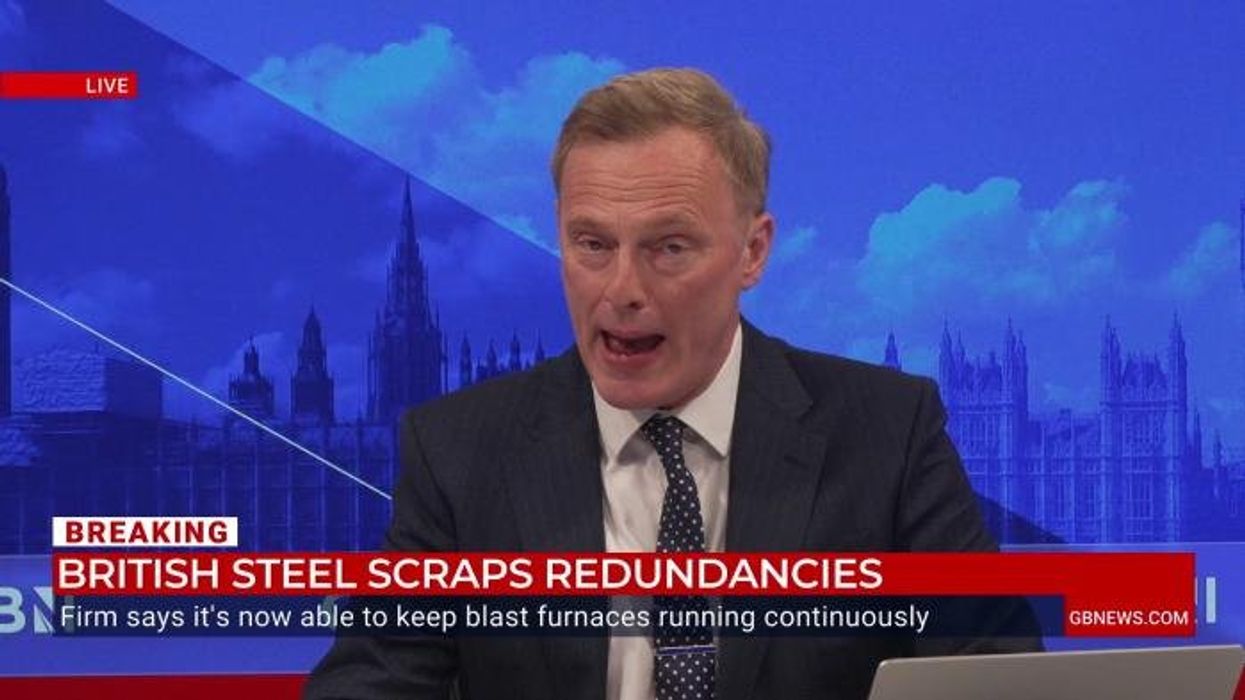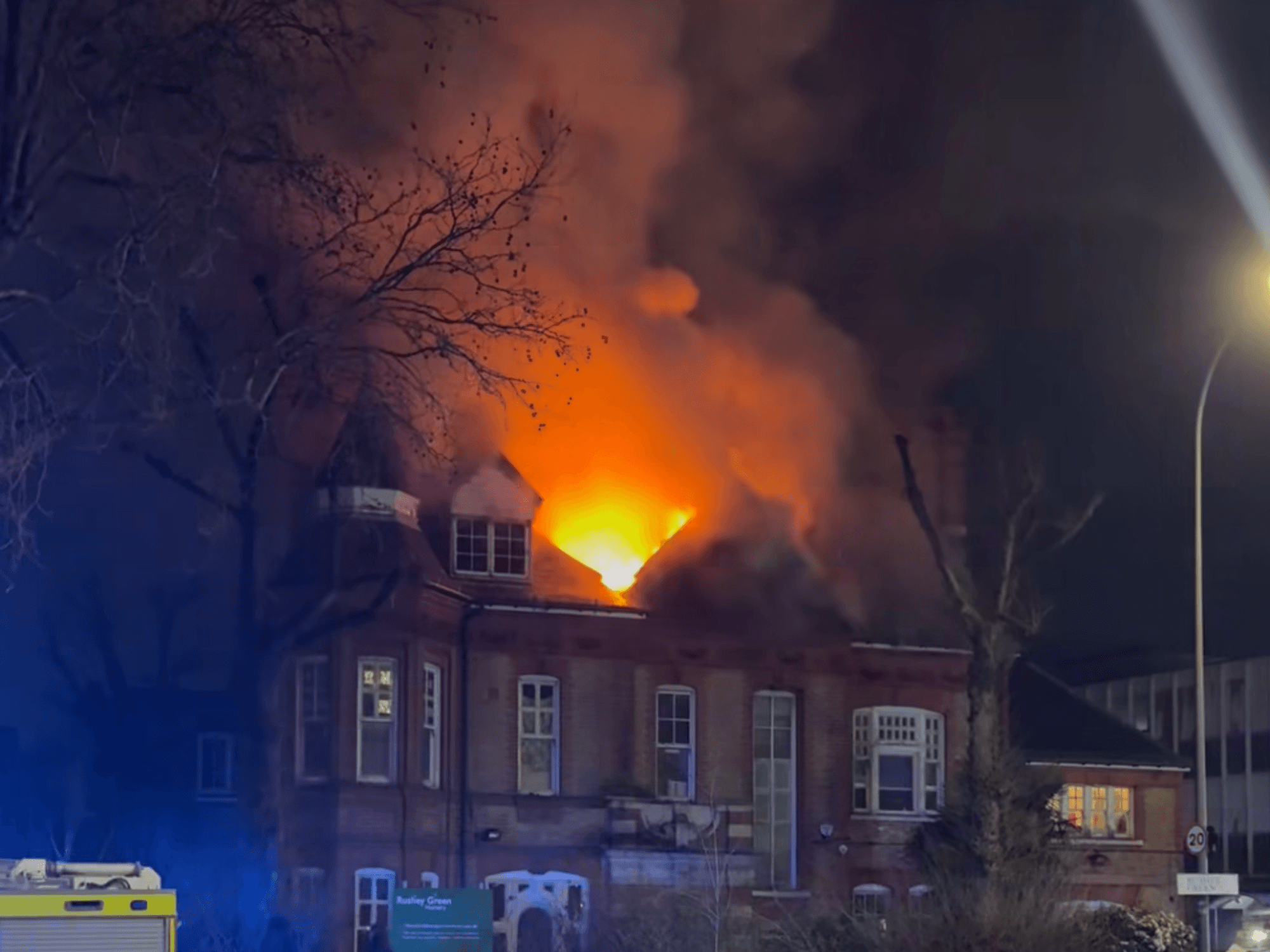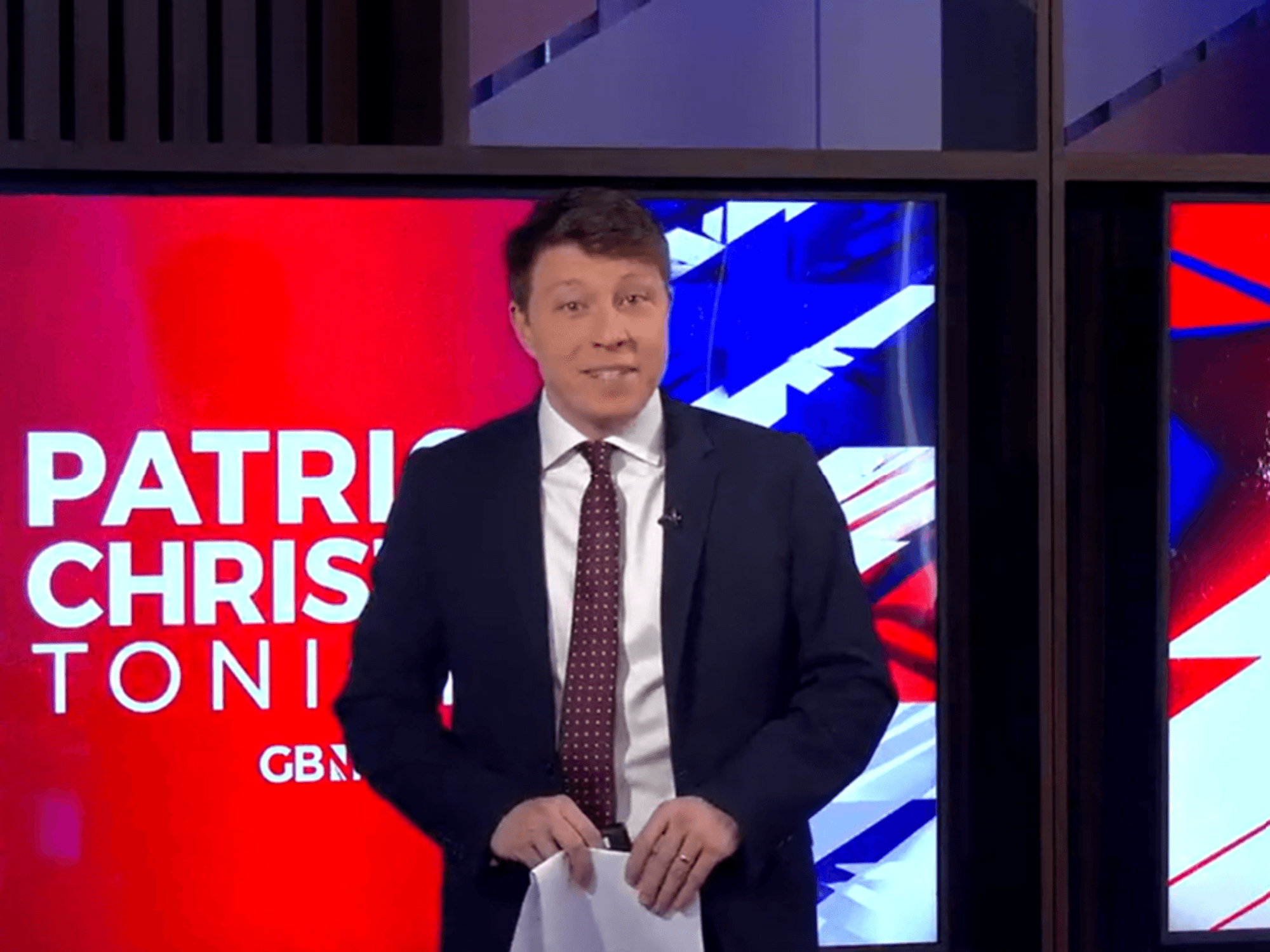Britain must show balls of steel over the EU tariff threat. We can hit three pressure points - John Redwood

Sir John Redwood shares 'worry' for taxpayer as British Steel scraps redundancies: 'What we need is nationalisation!' |
GB

Prime Minister, this is your chance to stand up for Britain, British jobs and British industry, writes the former Conservative MP
Don't Miss
Most Read
Trending on GB News
How dare they? The EU threatens us with tariffs on steel. Do they not remember the UK made sacrifices to secure a free trade deal with no tariffs?
Do they so despise our PM that after he gives them too many olive Branches for a reset, they beat him up with proposed tariffs on an industry he has recently effectively taken into public ownership? Do they think the UK will always be craven, whatever they demand?
The facts show that successive governments have presided over the collapse of virgin steel making in the UK. The biggest collapse occurred under Labour's nationalisation in the 1960s and 1970s, and now, more recently, thanks to government policy to close all UK blast furnaces for net zero reasons.
Since 1990, UK GDP has risen by 80 per cent, and steel output is down by the same percentage. We have watched in horror as our steel output has crashed from 30 million tonnes a year to under six million.
Meanwhile, heavily subsidised and state-promoted Chinese steel has soared to a total output of 1019 million tonnes, and Germany still manages 35 million.
We have long been promised by this government a plan for steel, but we are still waiting. They have implied they will save all the jobs at Scunthorpe, where taxpayers are now paying a lot of the bills.
However, their policy of decarbonisation requires them to close the remaining blast furnaces and create a gap while we await new electric arc recycling plants.
The Port Talbot transition to electric arc from blast furnaces meant the loss of many jobs. Which is it to be? Saved jobs or less carbon?
How much is the daily loss now at Scunthorpe, said to be £700,000 a day when the government recalled Parliament on a Saturday to tell us they were saving the works? Where do we find these figures in the budget? They point us to possible capital investments in steel through the National Wealth Fund, which will not pay the daily losses.
It is highly likely that the current subsidy costs of Scunthorpe are running high and will need to be disclosed. We can only pay these subsidies because we are out of the EU, as its state aid regime might well have banned or reduced them.
 Britain must show balls of steel over the EU tariff threat. We can hit three pressure points - John Redwood |
Britain must show balls of steel over the EU tariff threat. We can hit three pressure points - John Redwood | Getty Images
The good news is the PM can fight back. The EU is in a weak position. It is showing bad faith with the tariff-free trade Agreement. It is undermining the UK government's wish for a positive reset of the relationship.
Why not withdraw the over-generous offer of so much of our fish for so many years? Why not block any idea of a free movement of young people when we want to bring migration numbers down?
Even easier, why not threaten a higher retaliatory tariff on their steel exported to us? They sell us more than we sell them, so they have more to lose.
I am against most tariffs, and advocated cutting ours once we were out of the high-tariff Customs Union called the EU single market.
I also believe that if we are facing high tariffs against our exports, we should use our WTO rights to make a strong response by imposing tariffs in return.
That, as Donald Trump has discovered, usually means the first tariff imposer in a relationship has to back off to get a better deal with lower tariffs than they first proposed.
I also want an urgent government plan for our steel industry. It needs to concentrate on our industry meeting more of our own needs. UK steel demand exceeds our limited steel-making ability, so we should be able to sell much more at home as international trade in steel is wrecked by high tariffs and by reluctance to buy heavily subsidised Chinese steel.
The last government set up a steel pipeline system to show the industry the likely public sector demand for steel in a forward look.
Construction, defence equipment, ships, rails and other public sector capital uses are important sources of demand, and we need to get sensibly priced home-produced steel into more of those contracts.
In defence, in particular, the dominance of China and Russia as steel producers is worrying, with the UK and other Western nations in retreat, with much lower volumes of output.
So, Prime Minister, this is your chance to stand up for Britain, British jobs and British industry. It is time to take action to stop what must be large losses in a steel industry that you have made the taxpayer underwrite.
Tell the EU we will impose higher tariffs on their steel if they are serious about a 25 per cent tariff on ours. Get to work with the UK industry to match more of its output to the needs of our own economy.
If you want growth from public spending, then you need to put UK steel into naval ships and into the windfarms you are subsidising.
More From GB News










